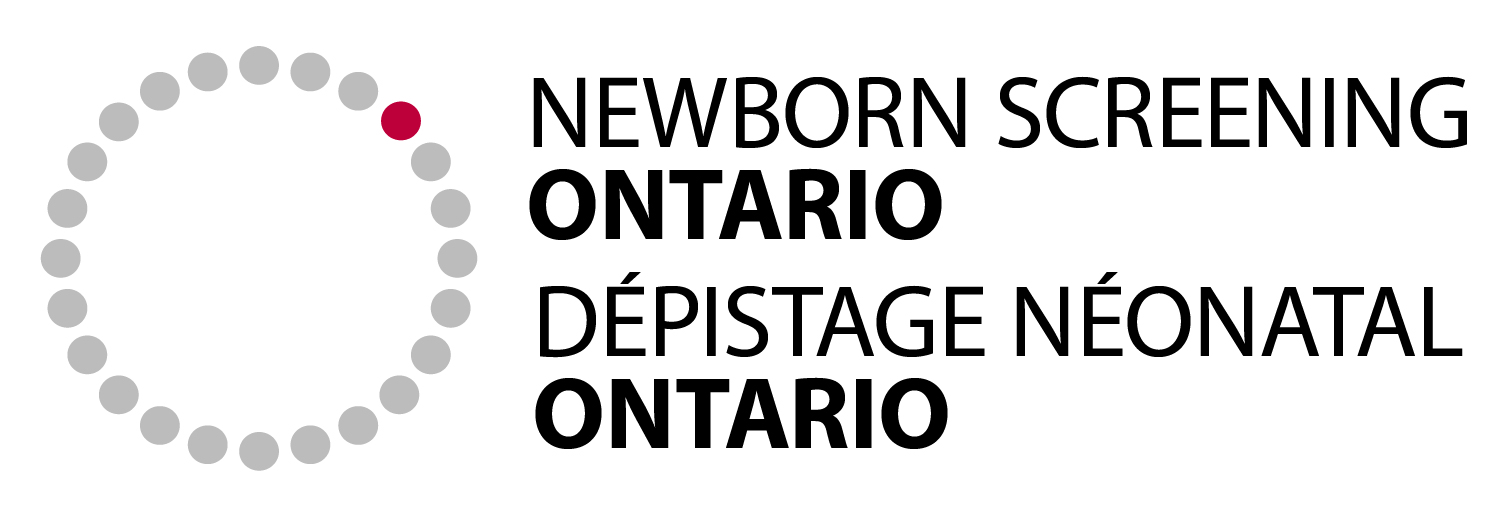ASA and citrullinemia are two different inherited (genetic) conditions that both cause too much ammonia to build up in the body.
Ammonia is a waste product normally made when protein is broken down. If the body is unable to remove ammonia, it builds up and can cause serious health problems.
Babies with the diseases ASA and citrullinemia are identified through newborn screening due to elevated levels of the marker citrullin.
Because babies always screen positive for both citrullinemia and ASA lyase deficiency, this page contains information about both of these diseases together.
